Title: Investigative writing in the science of history
Historical writing constitutes an axis in the formation of knowledge based on established facts and judging texts through its epistemological and analytical channels in which lies the interpretation of the historical event and the judging in the historical novel
1- Interpretation of the historical event
It is noticeable in the in-depth studies in the field of Islamic history, which dealt with the early stage of Islam, that there are many who carried out the process of interpretation and dissection of the historical event. And he works to consolidate it among the general public, and the interpretation was issued from multiple sides, and from those who did not write history at the time, or were witnesses to the current events in their era, some of these were from the Mu’tazila, and one of the results of their interpretations was that this process led successively to the difference Religious to rational judgment in the light of logic. However, this matter did not prevent one from wondering whether Islamic history was a selective case in research and investigation? Based on this, Islamic historical studies and investigations constitute a polemical material between those who wrote in this field and the intellectual legacy from which results are intended to be extracted. Or because of incomplete investigations for a purpose, whether intentionally or otherwise, and it seems that the search for historical records, sources and references requires us to record many controversial points, which are concerned in this regard, especially in the study of Islamic history for the first historical periods, given that there are many From the missing information, it pushes every researcher to the big objective question, where did the information of that historical era disappear, and why ?, and why is it not known about it? It is not fixed in features, by presenting scientific evidence or evidence that does not accept doubt or ambiguity
The narrators, such as Al-Bukhari, Muslim, Al-Nasa’i, Al-Tirmidhi, and Ibn Majah, were not born in the era of the Messenger, peace be upon him, or in the era of his companions, nor in the era of their followers, and these narrators did not live in the era of the Rightly Guided Caliphate, just as they were not even born in the Arabian Peninsula. So there are a lot of logical questions that need accurate answers. And they are not speculative matters that can be relied upon, and accepted simply because of the narration, as long as everything needs justification, and accordingly, from where did they collect the hadiths of the Prophet Muhammad (PBUH), and what are their sources and references that they relied on in this collection, as long as they did not live in his time (R)? Who are their witnesses to all these hadiths? Is it possible to rely on them and accept what they told us? And why?r[jeg[jeg_weather location=”” auto

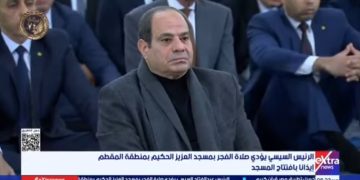
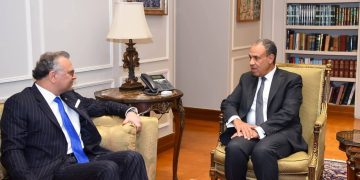
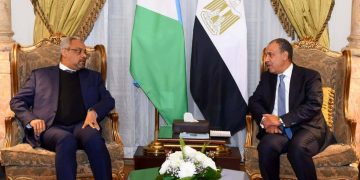
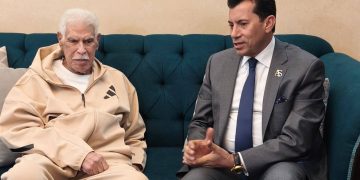
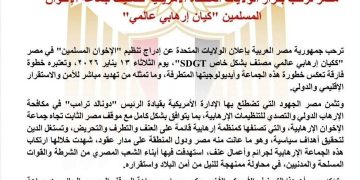

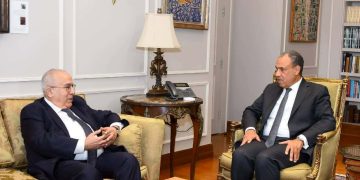

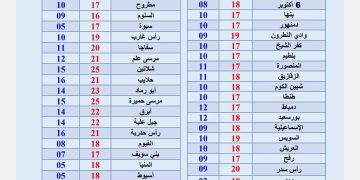






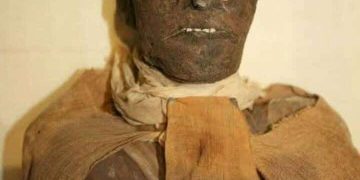
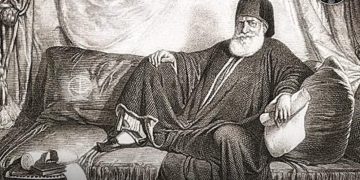


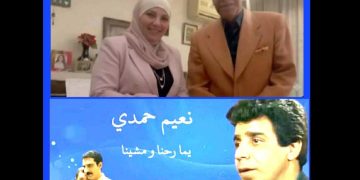





















Discussion about this post